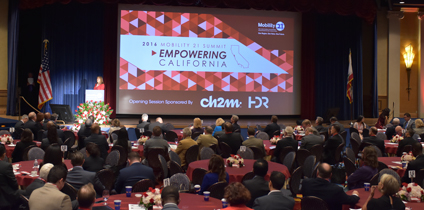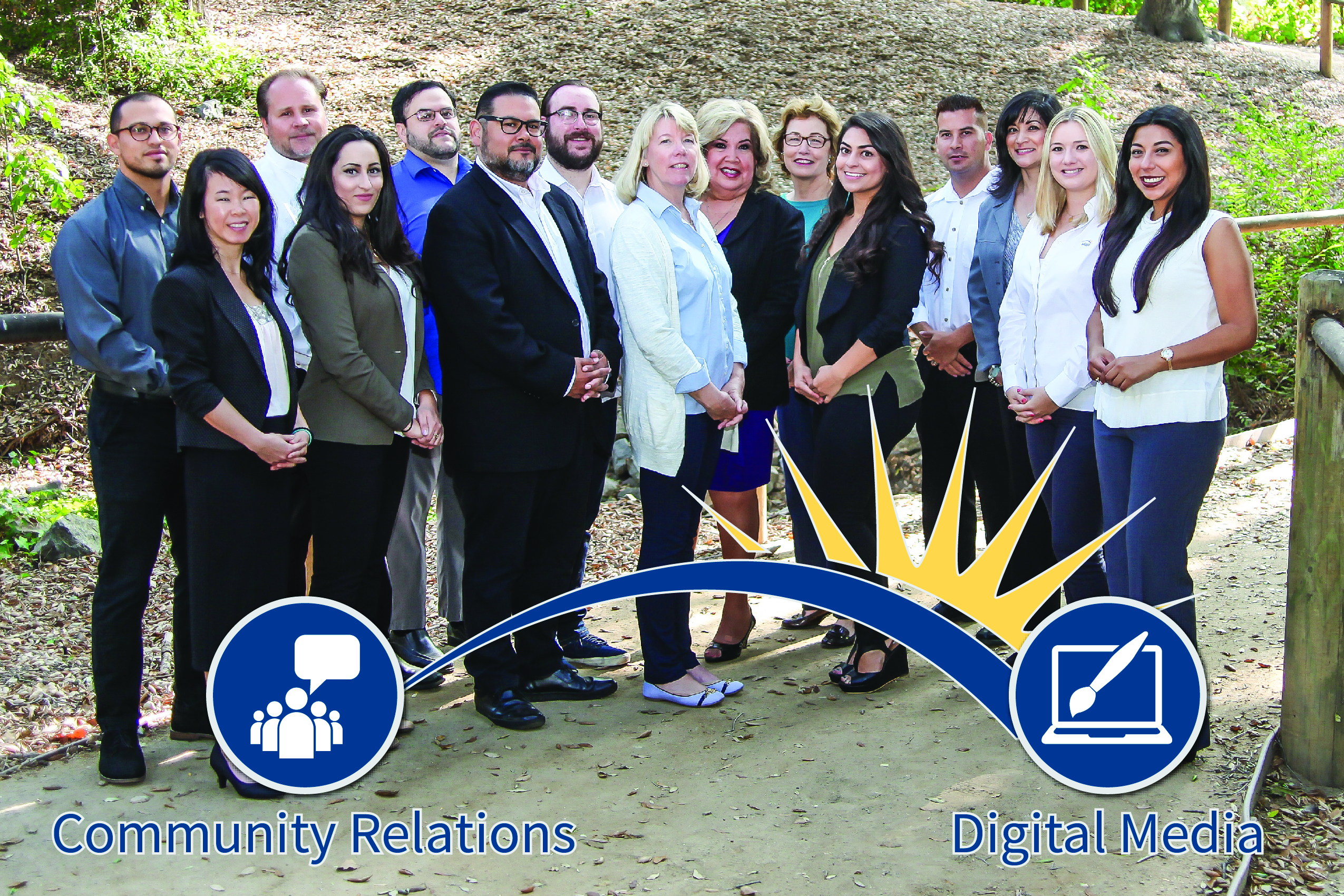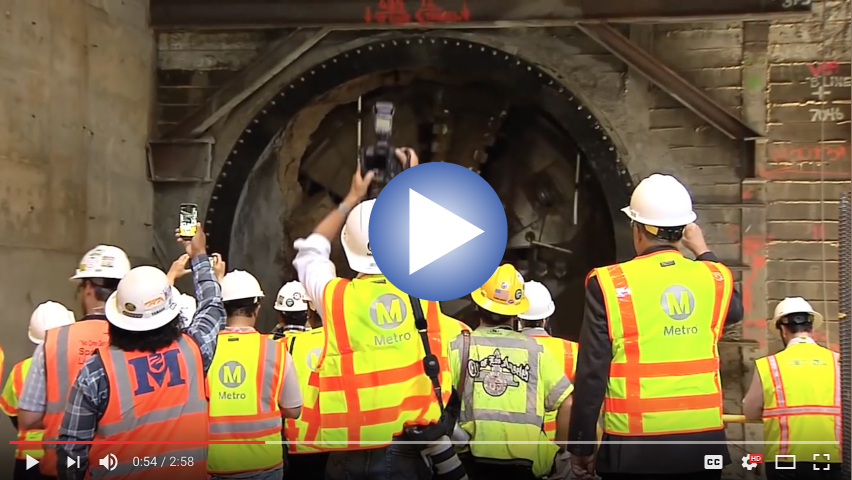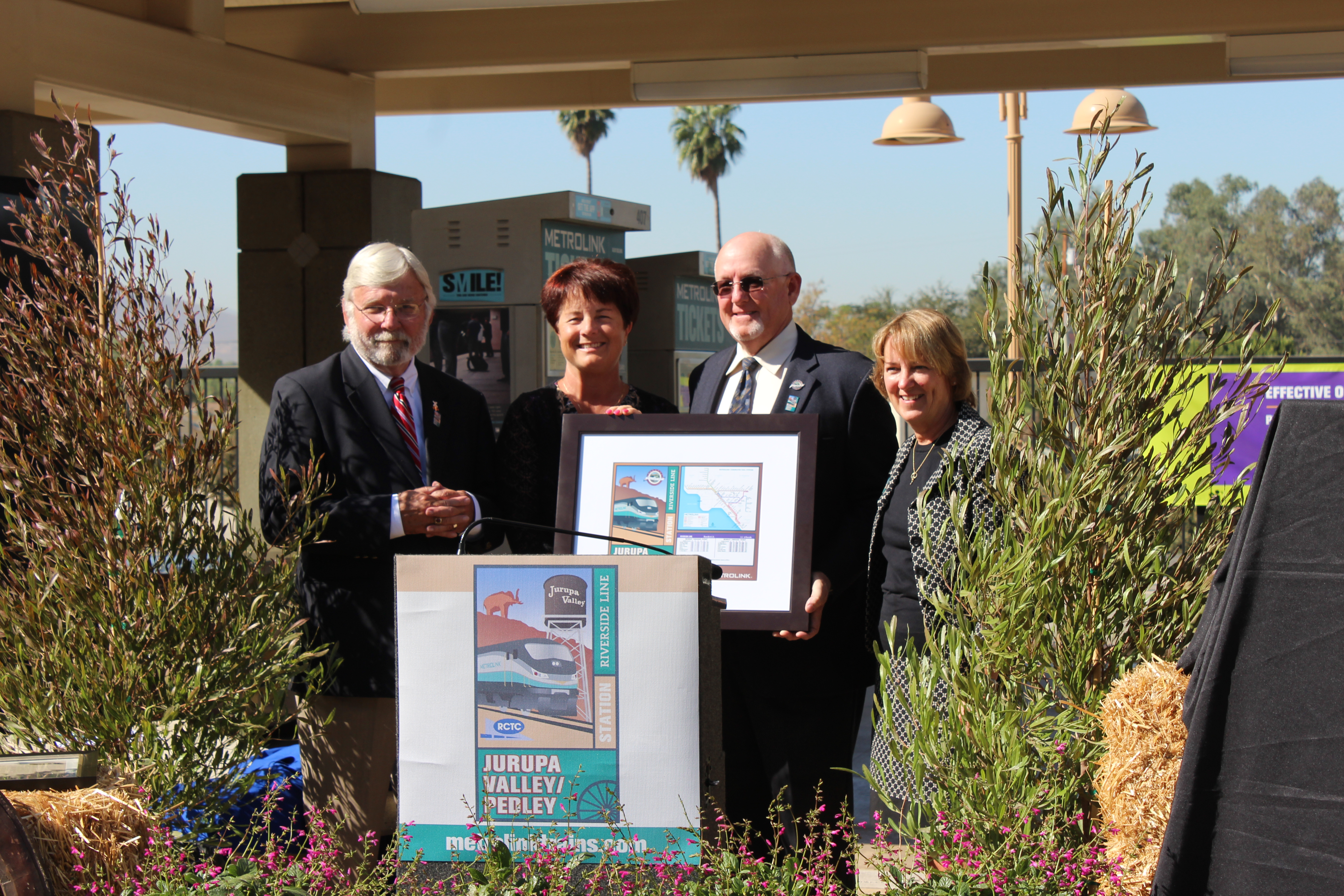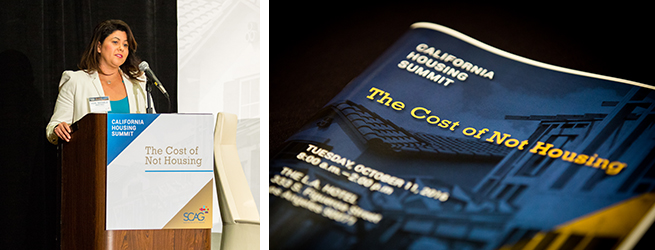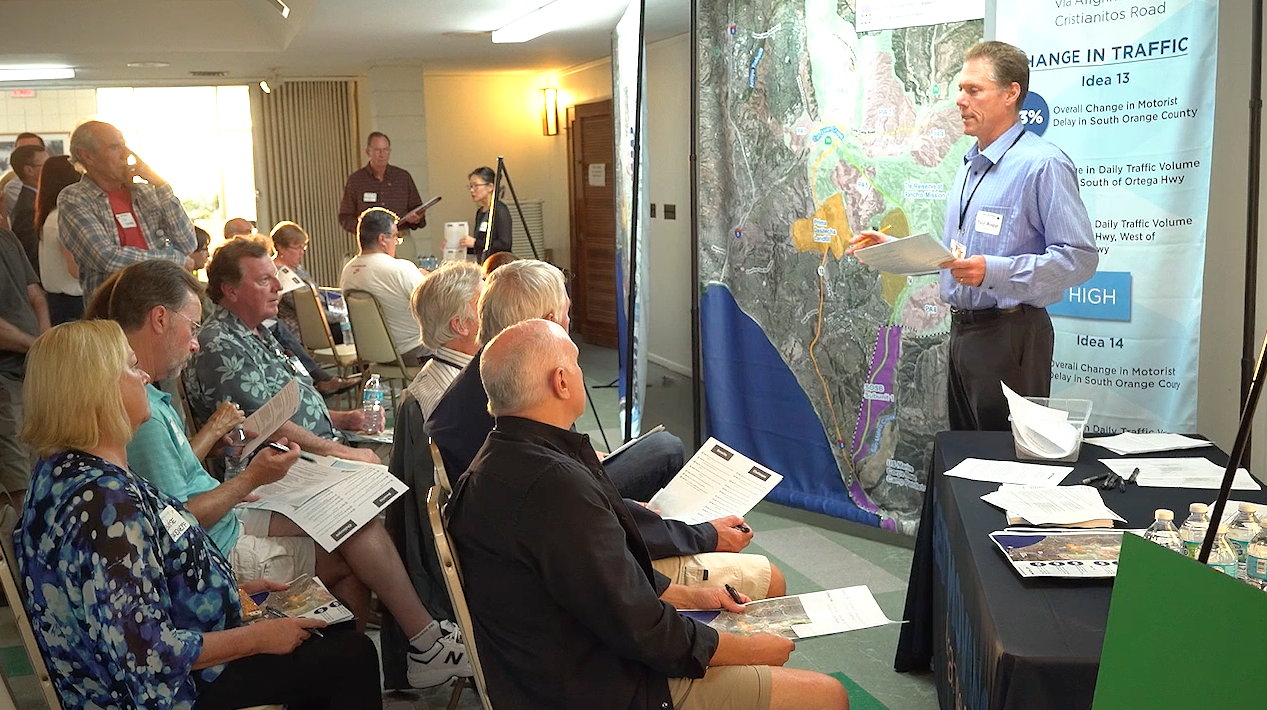More Than 1,200 Convene at Mobility 21 Summit to Address Transportation Ballot Measures to Ease Traffic Congestion, Create Jobs and Improve Mobility for Southern California
National infrastructure experts joined forces on Friday, Oct. 21 at the Mobility 21 Summit to highlight transportation ballot measures and seek strategies to develop regionally connected transportation solutions, ease traffic congestion and increase options for Southern California’s traveling public.
More than 1,200 transportation, business and elected leaders convened at the Disneyland Hotel for the 15th annual Mobility 21 Southern California Transportation Summit. The annual conference, which is the largest one-day transportation event in the state, focuses on bringing together leaders from a broad spectrum of backgrounds to address the challenges and opportunities facing Southern California’s transportation infrastructure.
“Mobility 21’s strength is in the organization’s regional coordination and unified front on critical transportation policy issues,” said Lucy Dunn, President and CEO of the Orange County Business Council, California Transportation Commissioner, and Chairman of Mobility 21. “The 6,000 public and private sector members span seven counties in Southern California to collaborate and advocate for solutions to the state’s most pressing infrastructure needs.”
During his remarks at the Summit, Los Angeles Mayor and Metro Board First Vice Chair Eric Garcetti highlighted Los Angeles County’s proposed Measure M and how local measures bring much needed funding to ease traffic congestion, create jobs and improve quality of life in Southern California.
“Traffic is a drain on our entire region — clogging our roadways, keeping us away from friends and family and slowing down the economy,” said Los Angeles Mayor Eric Garcetti. “It is crucial that Southern California, as a region, works together to ease congestion. Los Angeles County is leading the charge — putting forward one of the nation’s largest infrastructure investment plans, which will reduce bottlenecks, maintain our existing lines and roads, and expand our public transportation system to meet the 21st century needs of our residents.”
During the Summit, conference attendees learned about concepts being proposed to overcome Southern California’s transportation challenges, including: connected and autonomous vehicles, leveraging the next generation of mobility in a shared economy, enhancing transit options and ensuring global competitiveness in goods movement through our local ports. Leaders also called on legislators to implement reforms and innovations to make much needed improvements to Southern California’s transportation infrastructure.
“Mobility 21 is the preeminent organization to foster collaboration and partnerships toward a better transportation future – regionally and statewide,” said Brian Kelly, Secretary of the California State Transportation Agency, “I am pleased to lend my voice to the organization’s cause.”
Mobility 21 presented awards to several transportation leaders for their efforts to keep the region moving:
- Lifetime Achievement Award: Will Kempton, Executive Director, Transportation California
- Public Sector Leader of the Year: Self-Help Counties Coalition
- Private Sector Leader of the Year: Elon Musk, CEO, Tesla
- Tribute Award: Marian Bergeson (in memoriam)
For more information about the conference, visit the event website: http://mobility21.com/2016summit/agenda/
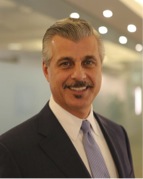
Mobility 21 Advisory Board Member Spotlight:
Stephen Polechronis
Senior Vice President, AECOM
Stephen Polechronis is Senior VP and Area Business Unit Leader for AECOM’s LA metropolitan area, and is responsible for Southern California Transportation staff, operations, project execution and business development. With AECOM for 18 years, he previously was Latin American transportation initiative leader and Expo LRT project director. His career also includes service with LA Metro and Boston’s MBTA.
Summit Platinum Sponsor Spotlight:
Consensus
 The Next Generation and Mobility: Five Reasons for the Transportation Industry to Get Ready Now
The Next Generation and Mobility: Five Reasons for the Transportation Industry to Get Ready Now
By Andrea Conant
 Are we tired of the Millennial talk yet? When pondering the generation born between 1981-1995, I’m here to tell you we shouldn’t get tired but inspired. Because, well…it’s inevitable. Plus, keep in mind there’s another generation on the horizon. Though they may seem like a supercharged prototype of their predecessor, they possess some very stark differences and they’re called Gen Z.
Are we tired of the Millennial talk yet? When pondering the generation born between 1981-1995, I’m here to tell you we shouldn’t get tired but inspired. Because, well…it’s inevitable. Plus, keep in mind there’s another generation on the horizon. Though they may seem like a supercharged prototype of their predecessor, they possess some very stark differences and they’re called Gen Z.
If you are focused on transportation and the future of it, here’s why you should pay close attention to the next generation of commuters:
1. They’re already here and outnumber you.
It’s true, we’ve reached “Peak Millennial”. “In 2015, those Millennials born in 1990—the largest cohort born in any one year—turned 25.” This is creating the biggest wave of changing expectations for cities that we have seen since the Baby Boomers. But experts warn we can’t get complacent…(continued)
Andrea Conant is a Vice President at Consensus, born just on the cusp between Millennials and Generation X, she makes for a great interpreter between the two to help translate your #NextGenMobility public outreach needs.
Summit Gold Sponsor Spotlight:
MBI
 For more than 27 years, MBI, a strategic communications firm, has successfully facilitated community dialogue and outreach campaigns for a wide variety of projects. Driven by MBI’s vision to be the world leader in community engagement, each member of the MBI team works on the premise that alone we linger, but together we achieve great heights. Everyone understands that he or she must be willing to lead and, likewise, recognize that those that step up in their stead will strive to achieve great success in their capabilities and work ethic. In doing so, the team never falters.
For more than 27 years, MBI, a strategic communications firm, has successfully facilitated community dialogue and outreach campaigns for a wide variety of projects. Driven by MBI’s vision to be the world leader in community engagement, each member of the MBI team works on the premise that alone we linger, but together we achieve great heights. Everyone understands that he or she must be willing to lead and, likewise, recognize that those that step up in their stead will strive to achieve great success in their capabilities and work ethic. In doing so, the team never falters.
Currently, MBI has been working diligently as lead public outreach consultant on the California High-Speed Rail Authority’s Palmdale to Burbank and the Los Angeles County Metropolitan Transportation Authority’s Link Union Station projects. These are two major developments that will shape the future of transportation across Southern California and beyond and we are proud to be doing our part.
In addition, we recently re-launched our website, with a new, streamlined design and with links and descriptions to many of our past and current clients and projects.
Summit Silver Sponsor Spotlight:
PQM
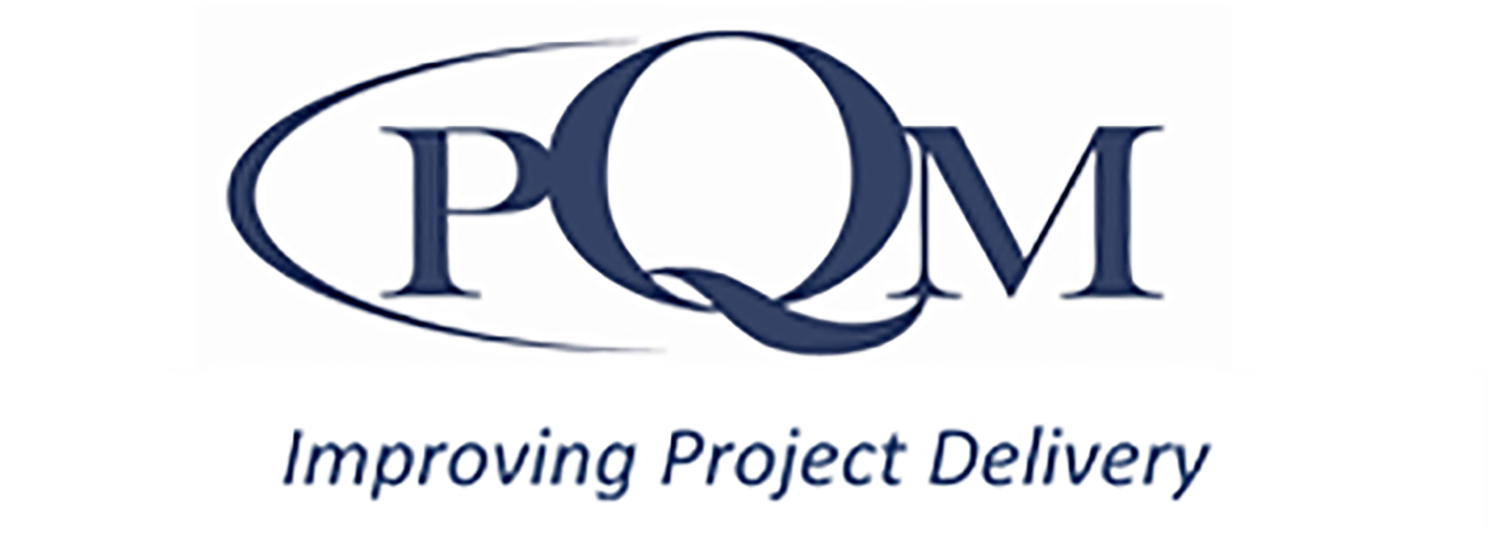 PQM’s core business is Quality Management Consulting; our mindset is ‘Build It Right The First Time’. We specialize in developing, implementing and monitoring complete Quality Management programs for major Capital Improvement Programs,
PQM’s core business is Quality Management Consulting; our mindset is ‘Build It Right The First Time’. We specialize in developing, implementing and monitoring complete Quality Management programs for major Capital Improvement Programs, 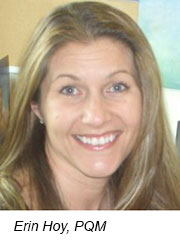 Design-Bid-Build and Design-Build Projects. Our services include Design and Construction Quality Management, Quality Assurance, Quality Control, Document Control, Materials Control, Construction Inspection, Source Inspection, and Project Close-Out. We have provided Design and Construction Quality Management for several of California’s most significant transportation projects, as well as have conducted performance and technical audits for major highway projects. Public agencies we serve include OCTA, LA Metro, Metrolink, RCTC, SANDAG, SANBAG and Caltrans.
Design-Bid-Build and Design-Build Projects. Our services include Design and Construction Quality Management, Quality Assurance, Quality Control, Document Control, Materials Control, Construction Inspection, Source Inspection, and Project Close-Out. We have provided Design and Construction Quality Management for several of California’s most significant transportation projects, as well as have conducted performance and technical audits for major highway projects. Public agencies we serve include OCTA, LA Metro, Metrolink, RCTC, SANDAG, SANBAG and Caltrans.
Our work is focused on identifying, removing or mitigating risks that interfere with project delivery during the design and construction phases. We emphasize efficiency and effectiveness with early identification and detection techniques which allow us to eliminate interferences that cause rework, schedule delays and cost overruns. Our work benefits the fundamental methods necessary to accomplish consistent and accurate products the first time by applying Six Sigma techniques to optimize processes and eliminate waste.
Click here to view footage of the press event commemorating the arrival of ‘Harriet’ the tunnel boring machine as she breaks through into the future Leimert Park Station.
Tunnel Boring Machines Make
Headlines in LA County
What are the chances that two Los Angeles Metro tunnel boring machines would make news within 24 hours of each other? The Regional Connector tunnel boring machine (TBM) was lowered into the ground to begin its journey under downtown Los Angeles, digging the path that will link the Blue, Expo and Gold light-rail lines. One day later, the Crenshaw/LAX Transit Project, the TBM that has been hard at work beneath Crenshaw Boulevard since February, broke through soil and rock to the Leimert Park Station box, completing the first of the twin rail tunnels on the northern portion of the project. Both events are signs of major progress for LA County mobility.
The Riverside County Transportation Commission presented the City of Jurupa Valley with a framed photo of the Jurupa Valley/Pedley Station logo, Metrolink system map and timetable for the Riverside Line in honor of the station renaming. Shown from left: Metrolink Chief Executive Officer Art Leahy, Jurupa Valley Mayor Laura Roughton, Jurupa Valley Council Member/RCTC Commissioner Frank Johnston, and RCTC Executive Director Anne Mayer.
Metrolink Marks Renaming of
Metrolink Station in Riverside County
The Riverside County Transportation Commission (RCTC) and Metrolink hosted a ceremony to commemorate the renaming of the Jurupa Valley/Pedley Metrolink Station on October 6. Community members gathered with Congressman Mark Takano, Jurupa Valley Mayor Laura Roughton, Jurupa Valley Council Member Frank Johnston, who also serves as an RCTC Commissioner and member of the Metrolink Board of Directors, RCTC Executive Director Anne Mayer, and Metrolink Chief Executive Officer Art Leahy.
Formerly named the Pedley Station, the Jurupa Valley/Pedley Station connects to service on Metrolink’s Riverside Line, which operates six trains per day, Monday through Friday. The station is located at 6001 Pedley Road, in Jurupa Valley, south of State Route 60 and east of Interstate 15.
Ceremony attendees were welcomed by station banners and décor bearing the new station name. Officials spoke about the new station, the importance of Metrolink service for southern California, and the need for ongoing rail safety through the Operation Lifesaver Incorporated (OLI) program. The OLI mascot greeted visitors and reminded them to “See Tracks? Think Train!” The ceremony concluded with a sign unveiling for the newly renamed station.
The renaming of the station will help increase awareness of Jurupa Valley, which incorporated as a city in July 2011. It is the 28th city in Riverside County and the 482nd city in California. Jurupa Valley covers a 44-square mile area encompassing the communities of Jurupa Hills, Mira Loma, Glen Avon, Pedley, Indian Hills, Belltown, Sunnyslope, Crestmore Heights, and Rubidoux. It borders San Bernardino County to the north, Riverside to the south and east, and Eastvale and San Bernardino County to the west. Parts of the Santa Ana River cross the southern portion of Jurupa Valley.
The City of Jurupa Valley is a combination of high and low-density residential development, rural farming and other agricultural activities, and a mix of commercial retail and industrial activity. Nearby is the Jurupa Mountains Discovery Center, recognized by a giant mammoth sculpture on the hills over the property and visible from State Route 60. The station’s new banners feature the mammoth’s image.
California Housing Summit Convened
Over 400 to Address Housing Crisis, Solutions
More than 400 local leaders from throughout California gathered in downtown Los Angeles on Oct. 11 for the Southern California Association of Governments’ California Housing Summit, “The Cost of Not Housing.” The event brought government, business and community leaders together to address the state’s affordability crisis and share strategies for addressing it.
A housing report, titled “Mission Impossible? Meeting California’s Housing Challenges,” was released in conjunction with the summit. The purpose of the publication, as with the summit, is to discuss how we got to this point and what strategies and tools leaders can use to confront the housing crisis. Read it here: http://www.scag.ca.gov/Documents/CaliforniaHousingSummitReport.pdf
The summit opened with a panel of experts familiar with the housing crisis, who discussed why California is experiencing a housing deficit, and the extent of its economic, environmental and social costs. Breakout sessions investigated different avenues for mitigating the housing shortage: funding strategies including incentive programs state-authorized systems, integrating housing into planning at all levels and public engagement to demonstrate community benefits of housing projects. The summit concluded with a call to decision-makers across the state to build stakeholder partnerships and say ‘yes’ to housing.
The housing summit also featured real-life stories from Californians who have been impacted by the lack of affordable housing options. The testimonials come from people in very different demographic groups, and underscore the far-reaching nature of the housing crisis. The videos are available here.
For highlights of the summit, visit our Storify social media roundup and online photo gallery. Archived video of the full conference sessions will be available shortly on SCAG TV.
TCA Hosts Get Moving OC Forum
On October 5, 2016, the Transportation Corridor Agencies (TCA) held its second Get Moving Orange County public forum, in an effort to engage the community and solicit input from members of the public on transportation solutions that could alleviate traffic congestion in South Orange County. At the forum, over two hundred members of the community reviewed fourteen different transportation solutions and were provided with both the benefits and the challenges of each of these transportation ideas based upon a cursory analysis conducted by transportation planners. The public was also provided with a transportation index, highlighting how those ideas would negatively or positively affect traffic flow. Transportation leaders and elected officials are reviewing the input collected at the second public forum to determine next steps. To learn more, please visit GetMovingOrangeCounty.com.
Self-Help Counties Coalition: Focus on the Future
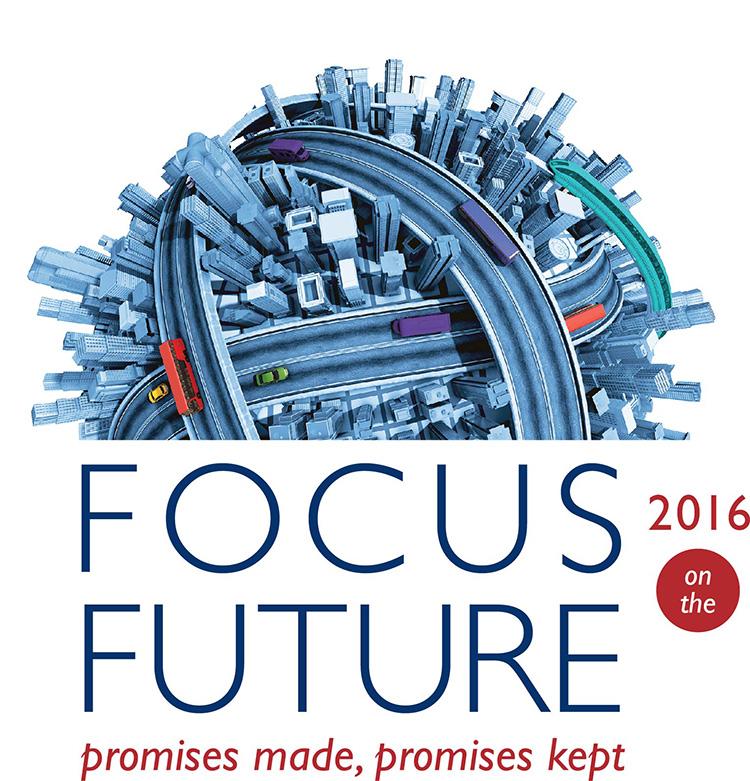 Dec. 4-6
Dec. 4-6
Loews Hollywood Hotel
More info | Register
The Focus on the Future conference provides a forum for Self-Help Counties and other transportation agencies, elected officials and the private sector to share experiences, highlight upcoming projects and interact in a relaxed environment.
Transportation Events in the Community
Wednesday, Nov. 2
OCBC: Economic Forecast Conference
More info | Register
Wednesday, Nov. 2
WTS-SD: Smart Cities Luncheon
More info
Tuesday, Nov. 8
OCBC: Election Day Luncheon
More info | Register
Wednesday, Nov. 9
WTS-IE: Corporate Partners Appreciation Night
More info | Register
Wednesday, Nov. 9
WTS-OC: Luncheon Featuring OC Public Works
More info | Register
Wednesday, Nov. 9
WTS-SD: Lunch & Learn – Innovative Transportation Topics
More info | Register
Wednesday, Nov. 16
WTS-LA: Annual Scholarship and Awards Dinner
More info | Register
Wednesday, Nov. 16
WTS-IE: Luncheon Featuring the Future of SANBAG
More info | Register
Nov. 16-18
California Transit Association: 51st Annual Fall Conference & Expo
More info | Register
Thursday, Nov. 17
OCBC: Turning Red Tape Into Red Carpet Awards Reception
More info | Register
Thursday, Dec. 1
SCAG: Southern California Economic Summit
More info | Register
Dec. 4-6
Self-Help Counties Coalition: Focus on the Future, Hollywood
More info
Wednesday, Dec. 7
CTC Riverside Reception
More info | Register
Thursday, Dec. 8
WTS-OC: Annual Awards & Scholarships Gala
More info | Register
Thursday, Jan. 19
WTS-IE: Annual Dinner
Feb. 15-16, 2017
California Maritime Leadership Symposium
More info | Register
March 13-14, 2017
OCBC: One Voice, Two Capitols – Sacramento Advocacy Trip
More info | Register

